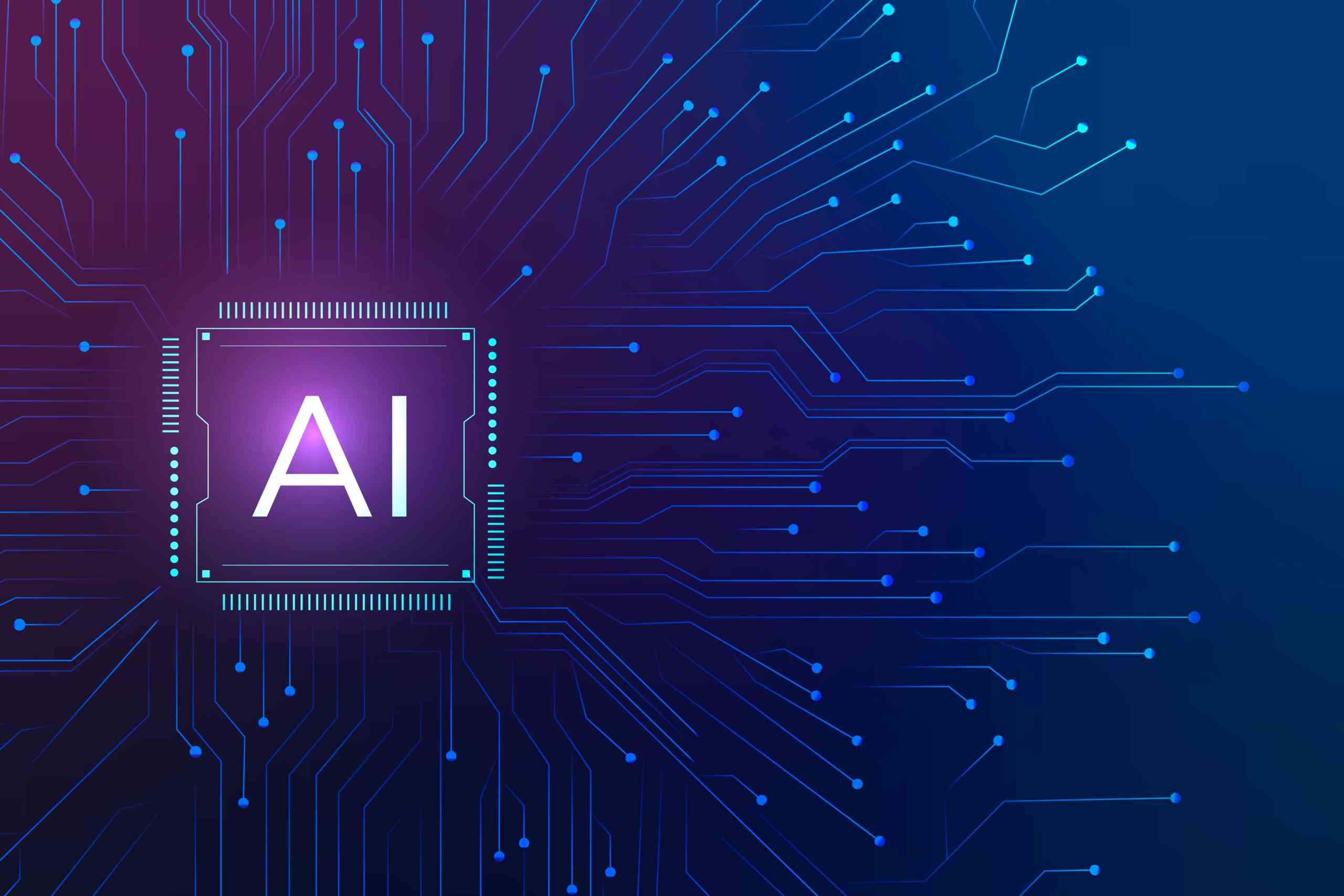
ARTIFICIAL intelligence (AI) has been creeping into the workplace and employers are looking to use it to improve employee experience. In fact, AI is poised to change the future of human resources (HR) forever, disrupting established views of work, talent, roles and skills.
The HR function has been under immense pressure to keep up with these fast-paced transformations that are happening. This is also a period for reinventing HR to add more value to people and businesses. Organisations are now increasingly adopting technology for HR departments to automate and streamline unnecessary processes.
Why AI?
AI can play an important role in human resource management as it can automate mundane tasks and reduce bias associated with the screening processes at workplaces.
AI leads to more automated processing for tasks that a company works through each day. It is crucial to note that the beauty of AI in the workplace is that the amount of work that can be done in a day or two by employees can be done in hours with the aid of AI.
As AI technology continues to grow and develop over time, companies can expect to see more automation, personalisation and data-driven decision-making in HR management. AI will continue to help in the improvement of human resource practices such as job posting, candidate screening, and employee performance management.
What is AI?
AI refers to technology used to carry out a task that requires some level of intelligence to accomplish. In other words, they are tools trained to do what a human can do. AI is different from ordinary softwares because it has high-speed computation, a huge amount of quality data and advanced algorithms.
- How artificial intelligence is transforming HR
Keep Reading
AI technologies offer significant opportunities to improve HR functions, such as self-service transactions, recruiting and talent acquisition, payroll, reporting, access policies and procedures.
HR executives have faith that incorporating AI into HR administrative functions will benefit and improve the overall employee experience.
AI and HRM
AI is reinventing HR in a way not seen before by automating the repetitive tasks of hiring, onboarding, learning, and development, allowing HR teams to focus more on creative and strategic work.
AI is being used in HR to automate repetitive, low-value tasks thus increasing the focus on more strategic work.
Many fear that the rise of AI will lead to machines and robots replacing human workers and view this progression in technology as a threat rather than a tool to better ourselves. Let me clear all the fears and that result in resistance to AI by enlightening all HR practitioners that you are not been replaced, but HR processes, systems and practices are just being reinvented, soft skills still remain relevant.
How it is transforming HR?
Automating time-consuming administrative tasks
Think about how much time is wasted on repetitive processes that could be performed with automation. Automation in HR is nothing new. HR professionals have been automating their repetitive, time-consuming tasks for a while now. So, how does AI make it different?
AI can take over all low-value tasks, such as benefits management, common employee questions about procedures and policies, and processing leave forms. That way, HR professionals have more time to focus on high-value tasks and make some real changes in the organisation.
With fewer tasks on their plate, they can focus more on mentoring, constructive feedback, motivating and engaging employees, and forging strong workplace relationships.
Better talent acquisition and talent sourcing
AI is offering HR professionals assistance in talent acquisition such as, candidate sourcing, candidate screening, and interviewing which are very time-consuming processes.
AI can sift through hundreds of resumés in significantly less time than it would take a human and it can quickly analyse a candidate’s skills, comparing them with those of the best-performing employees in the same job position.
In actual fact with the help of chatbots, it can quickly gather more information about candidates, additionally speeding up the recruitment process and it can also sift through a database of previous applicants to potentially find an suitable candidate for a new position. AI can eliminate human bias, especially in recruitment.
More efficient and effective employee training
AI can play a huge part in employee training as well. Assisted by employee training software, it can provide personalised learning pathways and help each learner realise their full potential.
AI-powered corporate training platforms create personalised learning pathways for new hires, facilitating quick and effective assimilation.
This ensures that new employees are up-to-speed with company processes and culture, reducing the time it takes for them to become fully productive. That way, HR professionals can act promptly to close skills gaps and turn employees’ weaknesses into strengths.
Improving employee’s productivity
The main objective of the organisation is to earn maximum profit by utilising minimum manpower.
Through the technical improvements and automation software, multiple tasks in the office are achieved effortlessly and the work of the employees becomes much simpler.
The advancement of technology works as an important tool but at the same time, increasing the complexity at the workplace.
Not only does AI increase productivity, it also improves overall quality.
With any job, human-error is always a factor, whereas AI software is less likely to malfunction.
It also enables deeper personalisation by understanding what customers want over time, resulting in better quality products and services.
Reducing human bias on decision-making
Humans are normally biased in whatever choices or decisions they make.
Even when striving for inclusiveness, HR professionals may subconsciously lean towards a particular candidate, for example in recruitment.
Now, with artificial intelligence, algorithms can be designed to help employers identify and remove these biases.
That potentially translates to better hiring communications and attracting a more diverse group of candidates.
Those same algorithms can also select candidates who may have been screened out due to human bias.
Making HR more human
Embracing of artificial intelligence and machine learning applications in human capital management is the only way HR practitioners can become more human at the workplaces.
The automation of tasks through AI technology allows for the freeing of HR professionals to focus on uniquely human abilities such as critical thinking, creativity and empathy.
While they are involved in the more human tasks, technology, at the moment, can handle the more ordinary tasks.
Besides being adaptable, flexible and agile to the ongoing changes, HR has to prepare for the innovations that are yet to occur and the development that might define the future of work.
This 2023 has seen a significant rise in workplaces introducing AI into their workplace with tools such as Chat GPT becoming more utilised in day-to-day tasks.
In recent years, AI has made substantial advancements and is now effectively applied across diverse industries, including healthcare, finance, manufacturing and logistics.
While there has been some resistance from employees who fear for their jobs’ relevance, organisations are increasingly embracing AI tools and analytics.
Emmanuel Zvada is a human capital consultant and international recruitment expert









